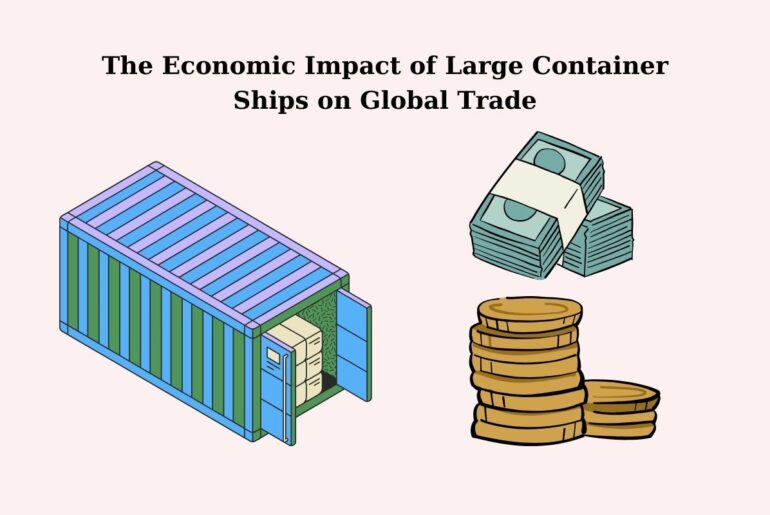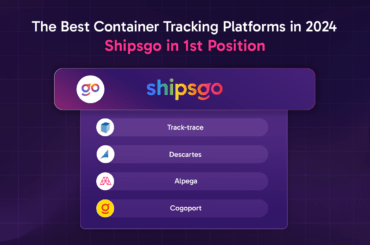At the core of global trade lies its pulse – each shipment, each vessel an engine driving economies forward. Container ships stand as titanic vessels navigating these seas laden with lifeblood for international commerce and we examine their economic impact repercussions as we examine their intricate web of relationships between nations, industries and markets. From bustling ports to remote regions their ripple effects leave an indelible mark upon economic life around them.
Globalization’s Driving Force: Examining Container Ships Closely
Large container ships, these seagoing behemoths of globalization, have proven themselves the ultimate engine of globalization. Their immense shipment capacities measured by TEUs (twenty-foot equivalent units) make globalized commerce possible by efficiently moving goods between continents across oceans – linking producers and consumers across continents in an unbroken chain of trade routes that catalyze an exchange of different goods ranging from manufactured items to raw materials; every shipment represents how intertwined economies truly are.
Navigating Economic Seas: The Impact on Trade Balances
Container ships’ economic impacts reach well beyond ports, shaping nations’ trade balances through exporting and importing activities. They serve as conduits of goods and capital between continents; countries with robust maritime infrastructure typically experience positive trade impacts through efficient shipping practices which increase export volumes while strengthening competitiveness in global marketplace. Conversely, regions without access to these maritime arteries may struggle with trade deficits owing to logistical complications or higher transportation costs – or both may exist simultaneously.

Port Cities as Economic Powerhouses
Port cities have evolved as economic dynamo states due to large container ships’ arrival and departure at their busy ports, creating vibrant hubs of activity where dockworkers, logistics professionals, dock workers and even shipping workers work unloading cargoes; dockworker employment also benefits local communities greatly, creating more job opportunities than expected while stimulating related industries like transportation warehousing distribution to further support port cities’ financial foundation.
Innovation in Logistics for Economic Impact
Large container ships don’t merely exert an impactful economic footprint in traditional terms. Their economic significance extends far beyond traditional metrics: their cargo drives logistics and supply chain management innovation that fosters efficiency and cost-cutting across industries – from installing advanced tracking systems to streamlining container handling processes – the effect is far-reaching across sectors and economies as technology intertwines with maritime trade creating both opportunities and challenges for businesses and economies alike.
Global trade and economic impact relies heavily on large container ships as an integral piece. Their economic contributions – seen through trade balances, vibrant port cities and technological breakthroughs – demonstrate their significance within international commerce’s ever-evolving narrative. Every journey these maritime giants undertake stands as evidence to the interdependency and resilience of our globalized economic environment.





